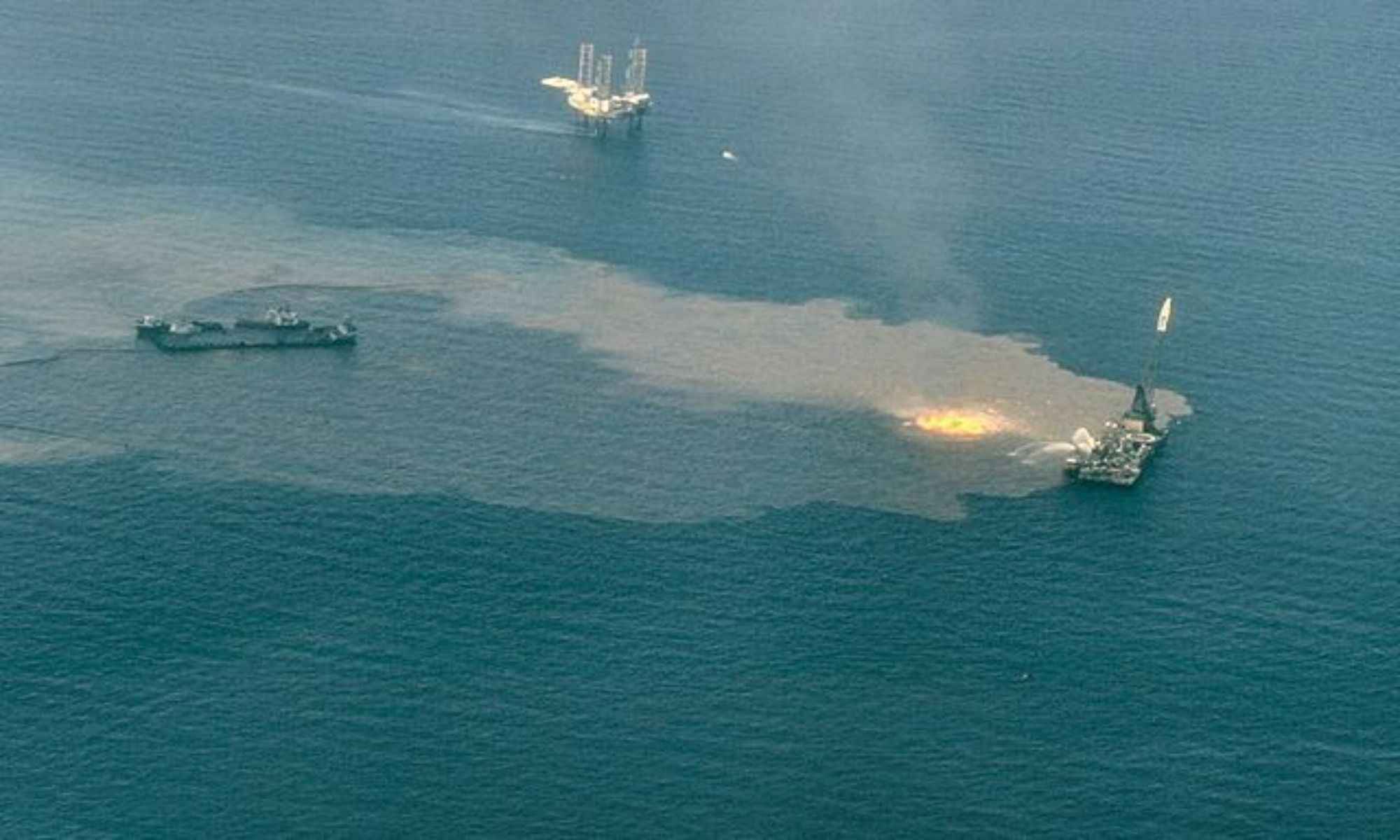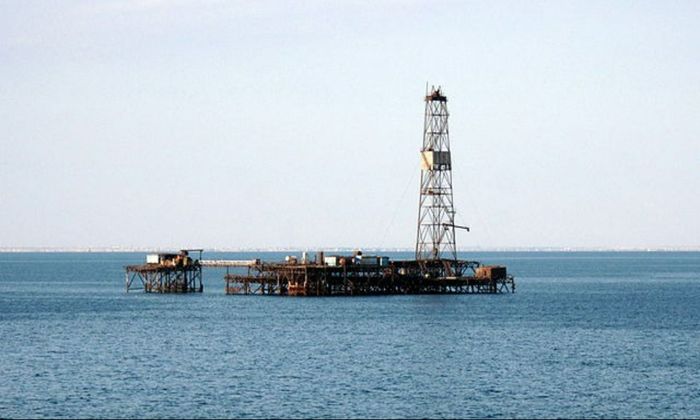Oil Drilling's Impact on the Fishing Industry and Potential Alternative Energy Sources
Find out how the oil industry impacts the fishing industry and what other possible energy sources can be better for fishing.

There is no question that an expansion in one industry would hinder another industry’s ability to operate because land and space resources are finite. The resources within those resources are also limited. This is why the oil and natural gas industries are vilified for their reckless disregard for the fishing industry and its role in the world’s ability to eat. It raises an issue that is tied with human nature. It makes sense that one would not understand the fishing business if they were in the business of energy. It’s difficult to accuse a foreign industry of dismissively industrializing the coastline and adjacent waters because it is outside their realm of expertise.

Using the coastline for industrial purposes, especially in areas with a dense fish population, energy producers (especially the oil industry) would have to drive away our food’s key source and the principal source of revenue for the fishing industry.
Why Oil Is Still Harvested and Used
One of the cornerstones of our current energy system is oil. Even with climate change, crude oil still accounts for 32% of the global energy mix and is expected to remain strong for at least a few decades. This is also despite oil production’s high price volatility and having a long history of environmental and social concerns.

Oil production, through oil exploration and drilling, is still prevalent because some expect oil wealth to translate to broad-based development. This expectation is particularly high among communities that are near oil development infrastructure. They hope to benefit from jobs, revenues, compensation payments, or other trickle-down effects that might improve their economic well-being.
Although, most existing studies suggest that coastal communities remain on these developmental prospects’ fringes. So they bear high costs without many benefits due to a lack of skills limiting access to jobs, environmental impacts that detriment local livelihoods, and unresolved governance issues across different levels.
The Oil Industry’s Impact on Coastal Communities and the Fishing Industry
Millions of people residing in coastal communities around the world already exist on the edge. They often contend with coinciding pressures that place them vulnerable to making a decent living. This is especially true when oil companies are established in their areas. These pressures can come from land and sea, resulting in a ‘coastal squeeze.’
Gas and oil exploration and development further compound these connecting pressures and creeping enclosures. When the population increases in coastal areas, some things can undermine the sustainability of resource-based livelihoods and the coastal communities’ overall resilience and well-being. There are maritime and coastal space enclosures for offshore development, marine reserves for conservation can marginalize small-scale fishers, climate change impacts the dwindling fish stocks in the ocean, overfishing at all levels, and increasing conflicts and competition over marine resources and coastal areas.
Our oceans and marine resources are subject to complicated and intersecting government regimes. Responsibly governing our natural resources, energy efficiency, and energy emission to ensure sustainability continues to be challenging for many countries. Offshore oil drilling and coastal fisheries’ potentially conflicting and overlapping situations are being explored in a growing body of research linking oil production, transport, and use to the decline in diversity and habitat quality of the ocean system. Despite this, the connection between oil-related environmental effects and small-scale fisheries is still inadequately understood. One of the key concerns is that governments often prioritize energy development (especially oil companies) over fisheries because of the comparative size of revenues, conflict with those in the fishing industry, territorial disputes, and social consequences with coastal communities.
Alternative Energy Sources That Can Cause Less Harm to the Fishing Industry
Even though oil and gas will remain part of our world’s energy production and generation for a long time, we are seeing modern scientific developments and increasingly impressive engineering feats that allow us to create energy through creative, unique, and economical ways. Solar energy and wind energy are renewable energy sources that are considered to be the most viable alternative for domestic electricity production. Solar panels and wind farms are appearing all over the world, with notable additions of wind turbines in certain areas. These investments in renewable and clean energy have created more sustainable communities.

For example, a plan by former New Jersey Governor Jon S. Corzine has wind energy production in their state that is predicted to triple to 3000 megawatts by 2020. This represents about 13% of New Jersey’s total estimated energy production. It’s not difficult to imagine that offshore oil drilling stations would make the state’s fishing industry suffer. So with their initiative of erecting wind turbines, the detrimental effects of oil drilling can be lessened. Prevention of oil spills, less air pollution, fewer disputes over public land, and reduced emissions and fossil fuels can be possible if governments and other stakeholders continue to invest in renewable and clean energy sources. That, in turn, can let the fishing industry thrive in communities and be a more sustainable means of livelihood for many more years.




